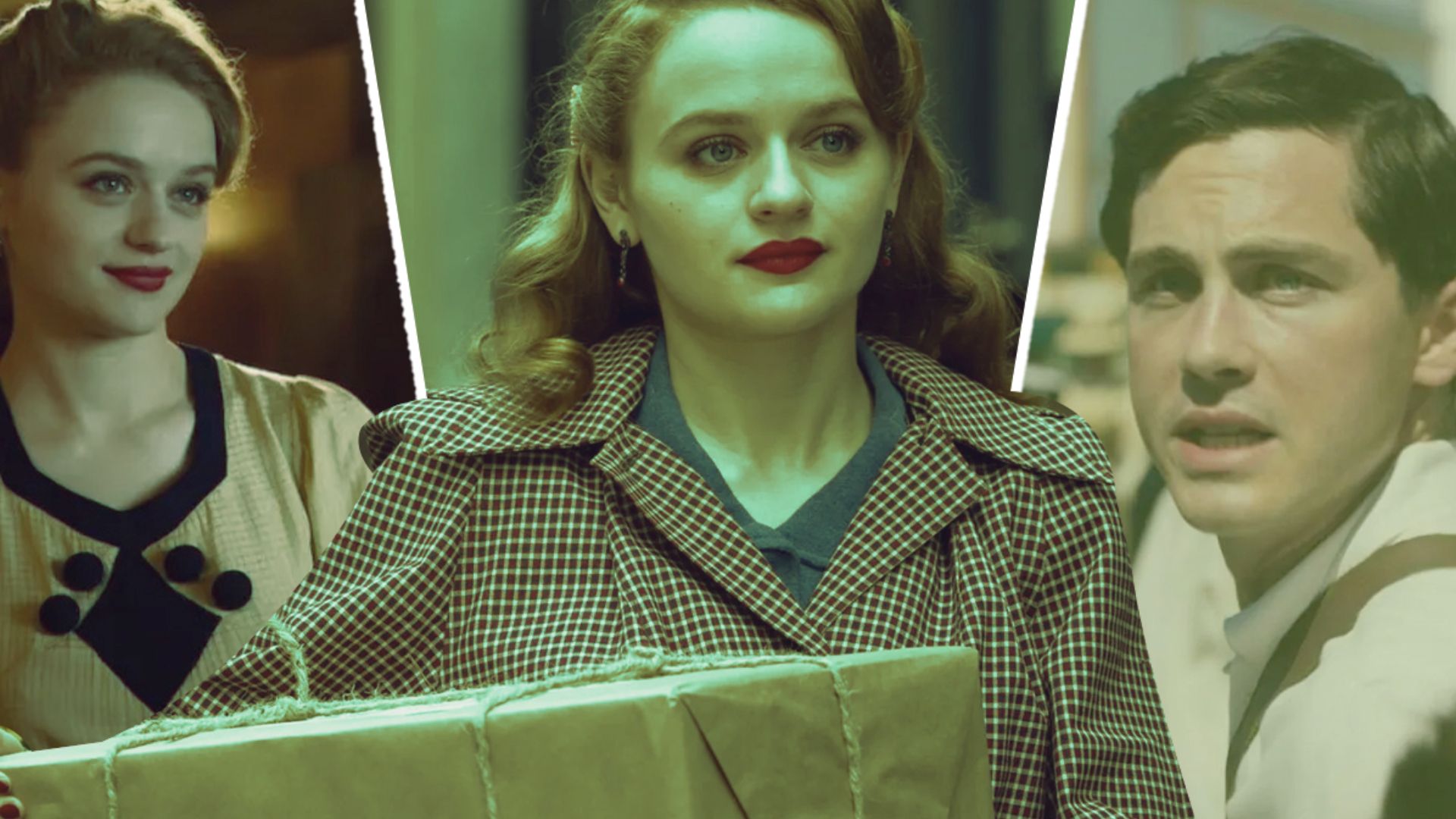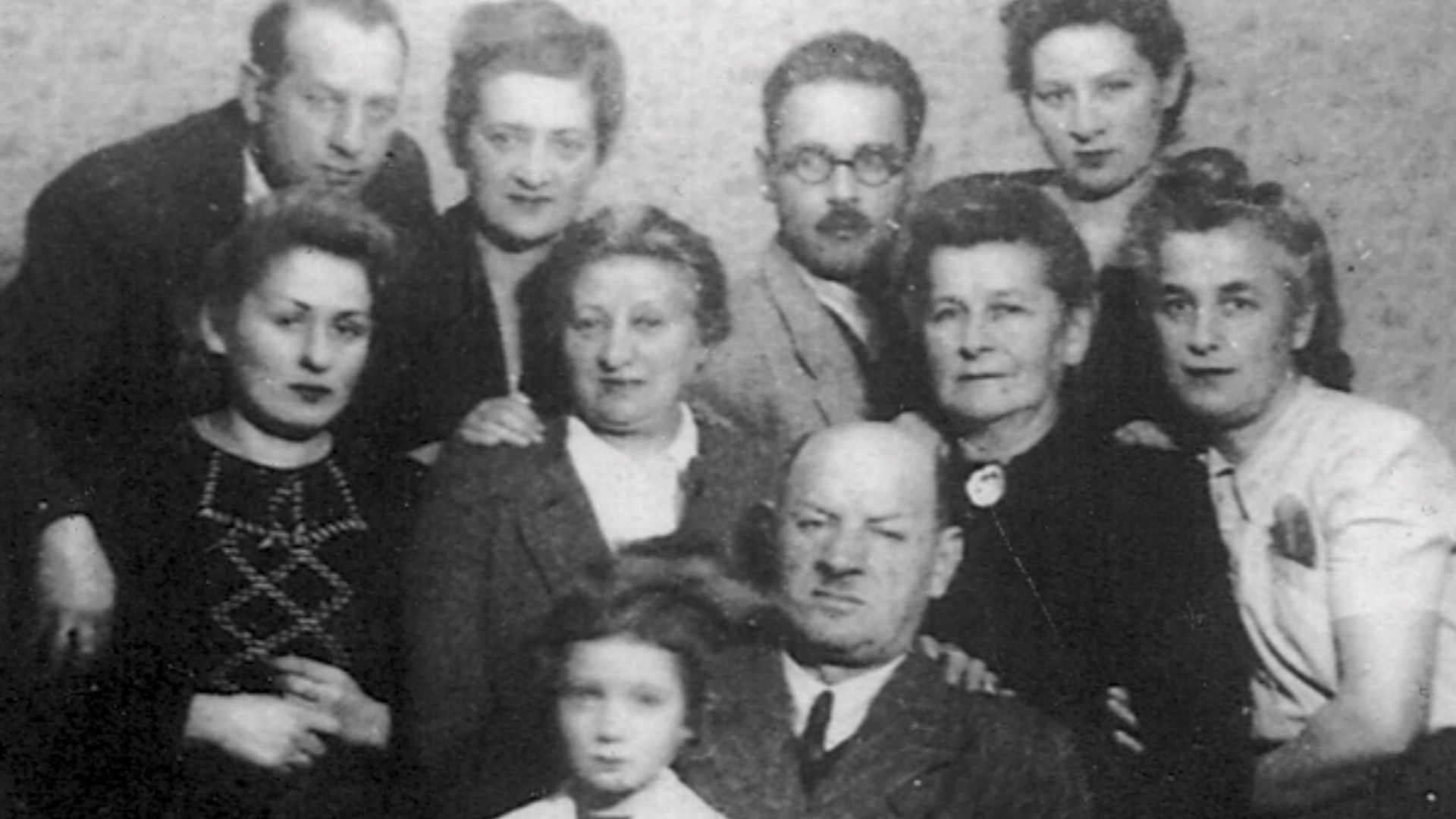Summary
- We Were the Lucky Ones sheds light on the real-life struggles faced by the Kurc family during WWII.
- The series captures the horrors of the Holocaust while highlighting the resilience and endurance of survivors.
- Based on true events, the story emphasizes the importance of keeping the memory of the Kurc family alive.
The Second World War has been the topic of many movies and series, never failing to capture the horrendous events that took place during that time. The systemic oppression and mass murder of Jewish people marks an immensely dark time in our history. While there certainly is a tendency to want to forget about such an abhorrent time, it is needless to say that keeping the conversation going is an absolute necessity. Historically accurate series have the power to hit just the right spot and continue to educate the younger and the older generation.
The recently released Hulu series We Were the Lucky Ones, starring The Kissing Booth's Joey King and Percy Jackson actor Logan Lerman, is a must-watch that gives a new voice to Holocaust survivors. The touching events and strong bonds in the series are finding their way into the viewers’ hearts, but is the story of the Kurc family's fight for survival real?
What Is We Were the Lucky Ones About?
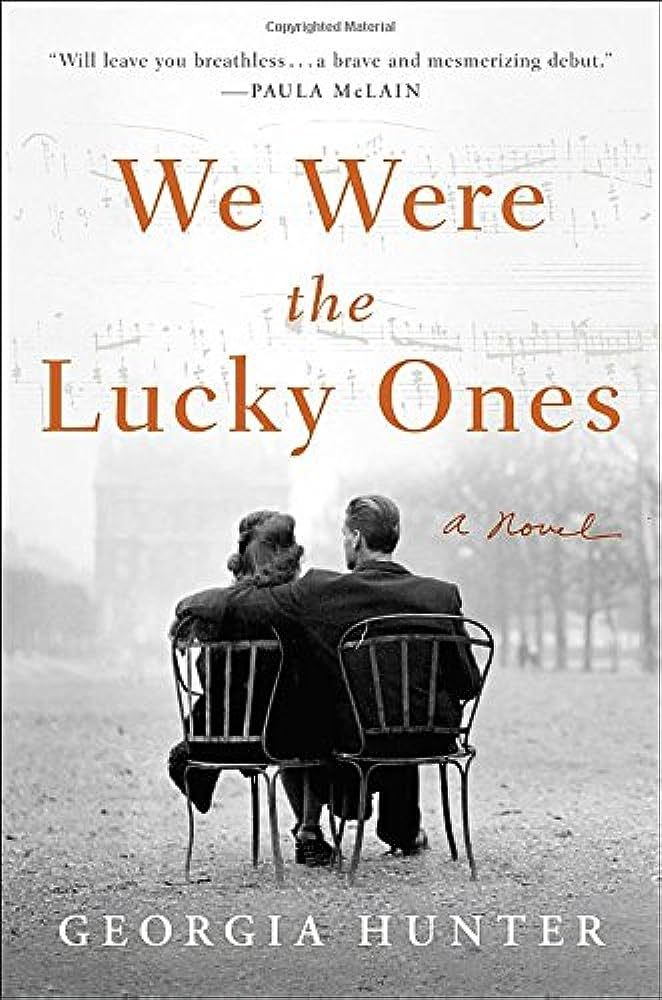
We Were the Lucky Ones
- Release Date
- March 28, 2024
- Cast
- Ido Samuel , Marina Bye , Gabriela Calun , Artemisia Pagliano , Robert Dölle
- Main Genre
- Drama
- Studio
- 20th Television, Hulu, Icon Films
- Streaming Service(s)
- Hulu
We Were the Lucky Ones is a historical drama television series that is being released weekly on Hulu. Based on Georgia Hunter’s novel of the same name, first released in 2017, the book and series recount unsettling details of a Jewish family’s endurance during the Second World War. Set in the city of Radom, Poland, the series follows two successful textile business owners, Nechuma and Sol Kurc, who enjoy a comfortable life as middle-class citizens. Their five grown children, Halina (Joey King), Addy (Logan Lerman), Mila (Hadas Yaron), Jakob (Amit Rahav) and Genek (Henry Lloyd-Hughes) are all ready to embark on their own journey, with Addy even expanding his horizons in Paris.
Despite following their own goals, they all continue to get together to celebrate the Jewish holiday, Passover, but with unrest intensifying and Hitler’s radical ideas crossing borders, uncertainty and fear interrupt their peaceful lives. Revealing the horrific details of the pogrom, We Were the Lucky Ones follows each family member as they are separated and left to fight against the odds. From underground movements and falsifying documents to concentration camps and public executions, the series is a heart-wrenching depiction of the systemic persecutions and following murders that highlights the incredible journey of the Kurc family.
What Makes the Story of the Kurc Family So Special?
The main reason this story is so remarkable is related to the author of the book, Georgia Hunter. She has a strong connection to the content of her work since she is indeed related to one of the Kurc children, Addy. As his granddaughter, she learned about her family’s past and felt a strong sense to ensure that the rest of the world also learned about their story. She felt the need to keep their testimony alive by publishing her novel.
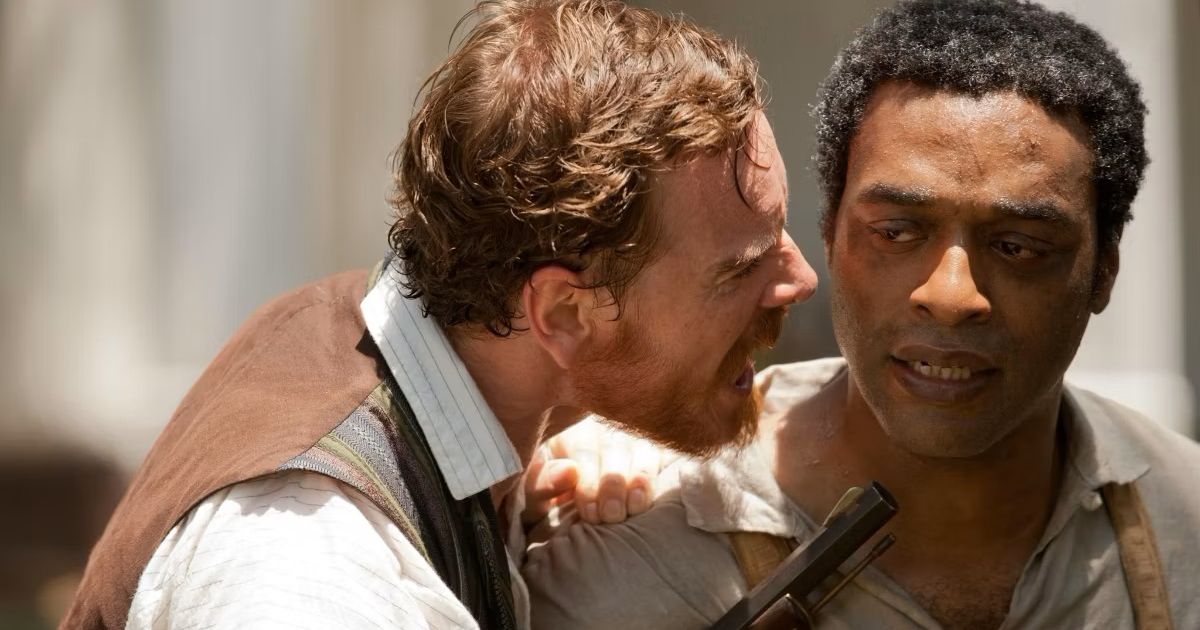
Historically Accurate Dramas That Get it Right, Ranked by Accuracy
Some of the most acclaimed and triumphant historical films have gone to great lengths to ensure accurate and honest storytelling.While the entire series is extraordinary and stirs up heavy yet important emotions, the connection to the experiences made by the real Kurc family is already present in the title. It was actually Felicia, the daughter of Mila and Selim, whose strenuous journey during her childhood years is also thoroughly documented, who came up with the title. At a family reunion in 2000, Felicia had a profound conversation with her relatives, narrating the inexplicable scenarios she and the rest of her family had to endure during the Holocaust. Hunter was also present, attentively listening and soaking up all the harrowing and sometimes still heartwarming details. When Felicia’s story came to an end, and silence tinted the night, she uttered the words “We were the lucky ones” and planted a seed in Hunter’s mind.
Are the Events in We Were the Lucky Ones Real?
The short answer is that, yes, the events in We Were the Lucky Ones are very real. Each character is based on a real person who has actually experienced the events depicted in the series. It was Hunter’s goal to ensure that the main events stem from real happenings since the accuracy of each person’s journey plays an essential role in honoring them and serves as a truthful reminder.
While, overall, the series is based on true events, there still were some gaps. Considering that Hunter only learned about her heritage and the horror of her family’s history when she was a teenager, she started her research and conversations with living family members only later. There was no way she could have known every single detail about every conversation her father and his siblings had, but she permitted herself to fill them in herself. However, she says that even such moments that required her own creativity were based on some factual possibilities.
For instance, in the series, the members of the Kurc family occasionally go to Wierzbicki’s restaurants. While Hunter doesn’t have actual proof that her family went to dine there, she conducted some research and found out that the place was one of the most famous restaurants for celebrations or other anniversaries among the middle class. Since her family belonged to that class, she concluded that there was a sort of feasibility to this matter.
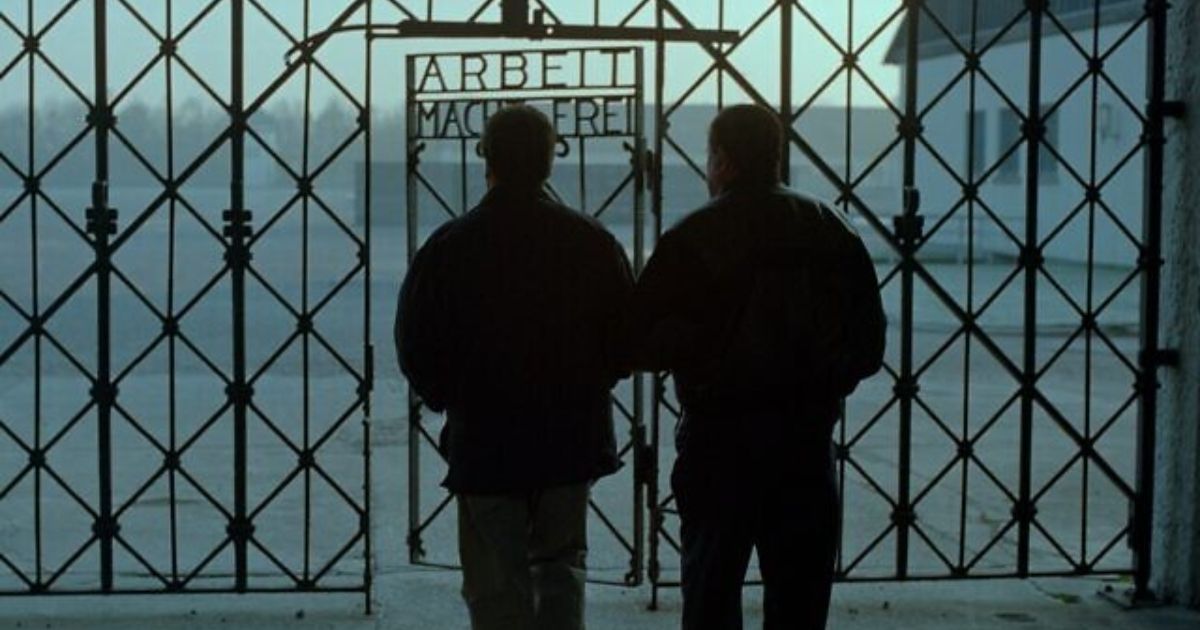
The Most Powerful Documentaries About the Holocaust
Filmmakers have been able to save the experiences of Holocaust survivors with their documentaries, and these movies help us remember.By allowing herself some creative freedom, Hunter could also add more depth to the story by trying to imagine herself in the family's situation and how their emotions might surface during various conversations. She found it particularly important to dive into the character's psyche since it was essential to create dialogues that could have actually taken place like that.
The author felt very strongly about showing how the Kurc family wasn't perfect, and conversations didn't always go the right way. She wanted to ensure that she created real, human conversations with unexpected, sometimes confused, behavior based on the underlying terror of that time. Additionally, she made it a point to dig into the various settings and explore their history to better understand what took place there and use it to fill in the gaps.
What Happened to the Real Kurc Family After the War?
Forever marked by the horrendous events that took place in their hometown, Radom, during the Second World War, the Kurc family never returned to their country. With the wish in mind to heal and start a new, peaceful chapter, the entire family ended up finding their new home elsewhere. The family separated once again, some heading to America, others to Brazil or France, but what remained the same was the desire to stay in contact and celebrate Passover together as often as they could.
Halina and Adam settled in São Paulo, where they spent their lives together, being close to Halina’s parents, Nechuma and Sol, and her brother Genek and his wife, Herta. Mila and Selim spent their lives in Rio de Janeiro. Their daughter, Felicia, attended medical school there and later moved to France with her husband.
Jakob and Maryla (Bella in the series) moved to Illinois, where they raised their children, and Jakob furthered his career as a photographer. They kept in close touch with Addy and his wife, Caroline, who settled in Massachusetts and also had children together. Addy, who later changed his name to Eddy, continued to follow his passion for music and worked as a composer until his death. With the survival of the Kurc family, it had a chance to start growing by adding more children, and now, it has more than 100 members.
Ultimately, We Were the Lucky Ones is an essential historically accurate series, which serves as another reminder of the horrendous events that took place during the Second World War and carries the message that the survival of the entire Kurc family was undoubtedly a miracle. Not even 300 Jews out of the 30,000 who lived in Radom survived the terrors of the war, and the Kurc family members made up an unbelievable percentage of that. We Were the Lucky Ones is streaming now on Hulu.

